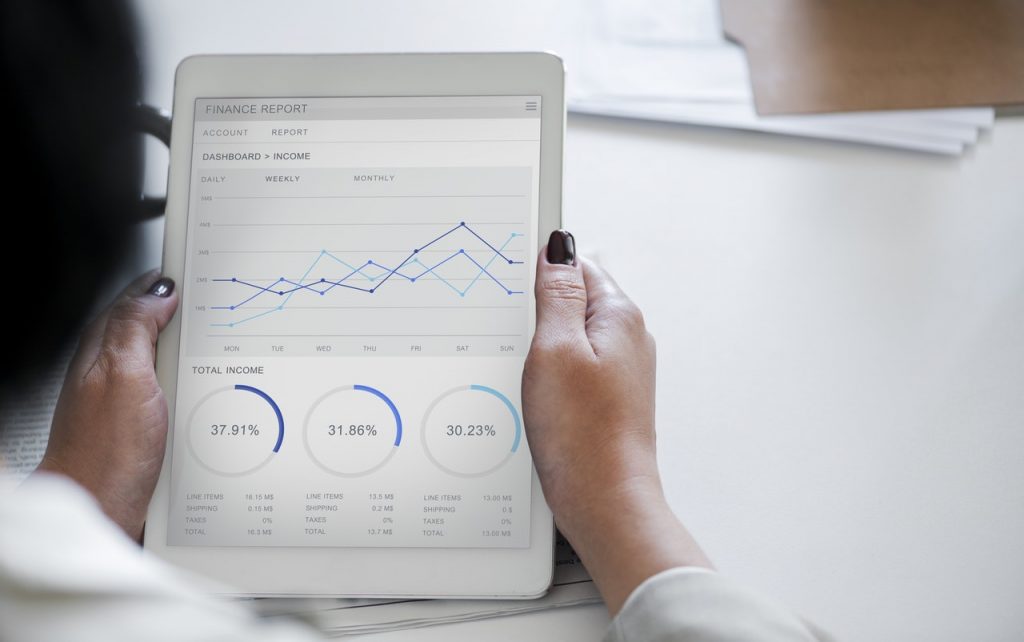Tax Debt Solutions Using Tools
Tax debt assistance is no longer just about paperwork and waiting in lines. With today’s advancements, digital platforms offer streamlined pathways to resolve tax issues quickly and efficiently. Among these, Technology One software has gained traction for its user-friendly design and integration with government processes. Meanwhile, Terminology tools help ensure clear communication and accurate interpretation of tax terms and obligations. When used together, these resources simplify the complex world of tax management for both individuals and professionals.
Handling tax debt can be stressful. From unclear notices to compounding interest, falling behind can feel overwhelming. But with digital transformation reshaping financial services, support is becoming more accessible than ever. Smart tools now allow individuals to check their debt status, set up payment plans, and receive real-time updates—all from their devices. For tax professionals, the same tools enable quicker assessments, better reporting, and easier compliance checks.
Technology One plays a major role in this shift. Designed to modernise financial operations for organisations, it offers modules that assist with managing payments, generating reports, and ensuring accountability. Its applications extend to councils, universities, and government agencies that interact with tax obligations on various levels. This software enhances transparency and speeds up processes that used to be manually intensive, offering relief to both administrators and end-users.
The power of digital tools lies not only in automation but also in clarity. One common challenge with tax systems is understanding the language. That’s where Terminology tools make a significant difference. These platforms standardise and explain tax-related terminology, reducing the risk of misinterpretation. For individuals dealing with debt notices, being able to clearly understand terms like “arrears,” “deferment,” or “repayment schedule” can ease anxiety and lead to faster resolution.
Professionals benefit from this clarity too. Accountants, tax agents, and financial advisors often rely on consistency when preparing documentation. Terminology tools ensure that definitions match those used in official systems, eliminating confusion when liaising with clients or authorities. This precision is especially important when digital submissions are involved, as automated systems depend on accurate inputs.
Beyond understanding and automation, digital tools offer data-driven insights. Platforms that consolidate tax information can identify trends and trigger alerts when accounts fall into risky zones. This predictive capability is particularly useful for businesses or sole traders managing multiple income streams and liabilities. Early warnings allow for proactive solutions—such as adjusting payment schedules or applying for hardship relief—before penalties stack up.
Some digital platforms also offer educational content alongside their core features. This might include tutorials, FAQs, or AI-guided chatbots to walk users through their next steps. These resources empower users to take control of their situation instead of feeling like they’re at the mercy of the system. In cases of tax debt, even small decisions—like paying a portion early or requesting a deferral—can significantly reduce financial pressure over time.
Digital tools also reduce the need for unnecessary phone calls and office visits. Through secure online portals, users can upload documents, verify identity, and communicate with advisors without delay. This is especially valuable in rural areas where access to in-person assistance may be limited. For many, the ability to manage debt resolution from home is not just convenient—it’s transformative.
Integration between systems is another key advantage. Many platforms now link with government databases or financial institutions, enabling faster verification and approval. For example, if a user applies for a payment plan, their information can be validated in minutes rather than days. This kind of responsiveness increases confidence in the system and encourages more people to seek help before their situation worsens.
Security is always a concern when dealing with personal financial data. Fortunately, reputable platforms like Technology One invest heavily in cybersecurity. They use encryption, two-factor authentication, and regular audits to ensure user data is protected. As digital adoption grows, maintaining privacy and security standards will be vital to building trust and long-term success in digital tax solutions.
For professionals, the ability to manage multiple clients in one dashboard, generate reports, and track outcomes means higher efficiency. Less time spent chasing paperwork means more time advising clients on strategy, compliance, and growth. This shift also supports better relationships, as clients receive timely updates and clear explanations.
On a broader scale, the digitisation of tax debt solutions supports better public outcomes. Governments can allocate resources more effectively, monitor compliance trends, and respond to systemic issues more swiftly. This proactive approach helps reduce the national burden of unpaid taxes and supports fairness across the board.
Even for individuals with limited digital experience, these tools are designed to be user-friendly. With guided workflows, visual dashboards, and live support, navigating the process is simpler than ever. And with more platforms rolling out mobile access, managing tax obligations fits naturally into day-to-day life.
Ultimately, smart tax debt solutions are about restoring control. Whether it’s understanding your obligations, choosing the right repayment option, or simply knowing who to contact, digital tools make a complex system easier to manage. They reduce stress, speed up resolution, and ensure people stay on track with their financial target.
All in all, in a time where digital literacy is rising and public services are evolving, the combination of innovative software, precise language tools, and user-focused design creates an environment where tax debt doesn’t have to be a barrier. It can be managed—with the right support—through smart, integrated, and reliable digital tools.



 One key advantage of working with a broker is access to a wide range of lenders. The best mortgage brokers maintain strong relationships with high-street banks and smaller specialist lenders.
One key advantage of working with a broker is access to a wide range of lenders. The best mortgage brokers maintain strong relationships with high-street banks and smaller specialist lenders.
 Another essential factor to consider when trading cryptocurrency is risk management. This can involve setting stop-loss orders, automatically selling the asset if it reaches a specific price, or taking profits at regular intervals.
Another essential factor to consider when trading cryptocurrency is risk management. This can involve setting stop-loss orders, automatically selling the asset if it reaches a specific price, or taking profits at regular intervals.
 Failure to Plan
Failure to Plan
